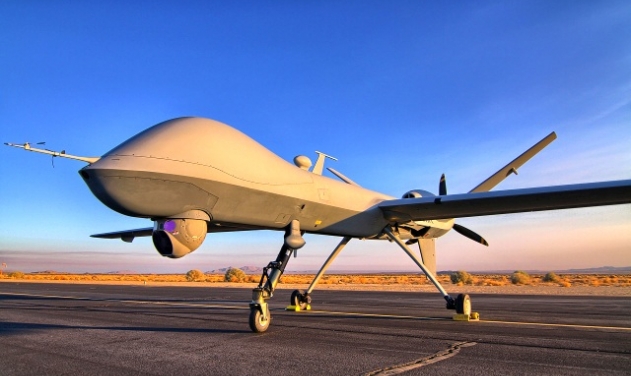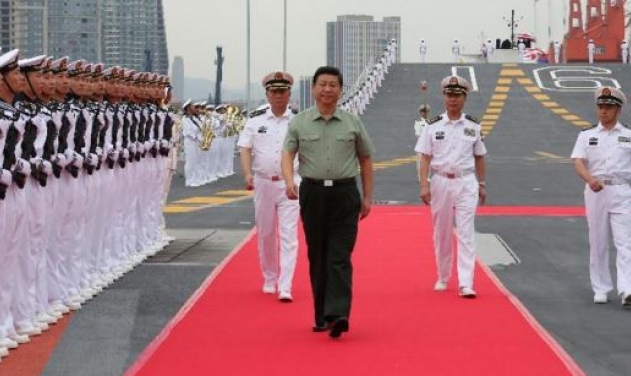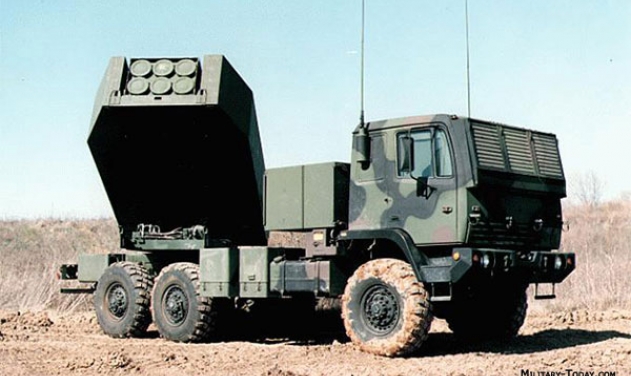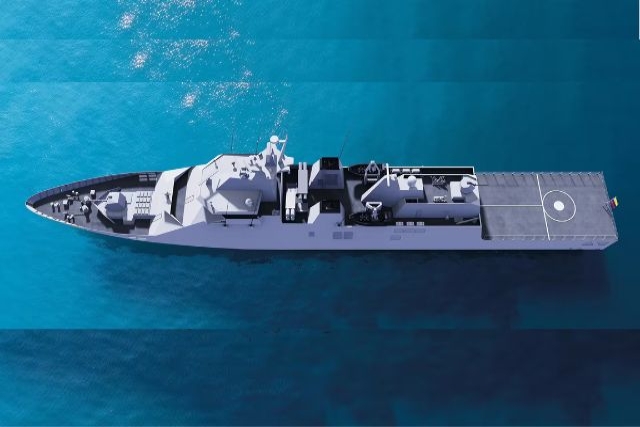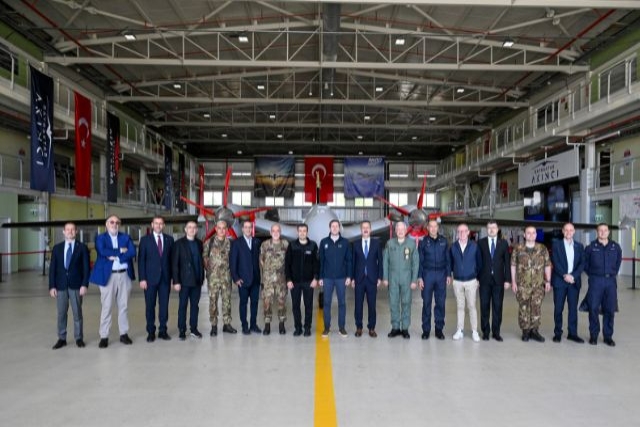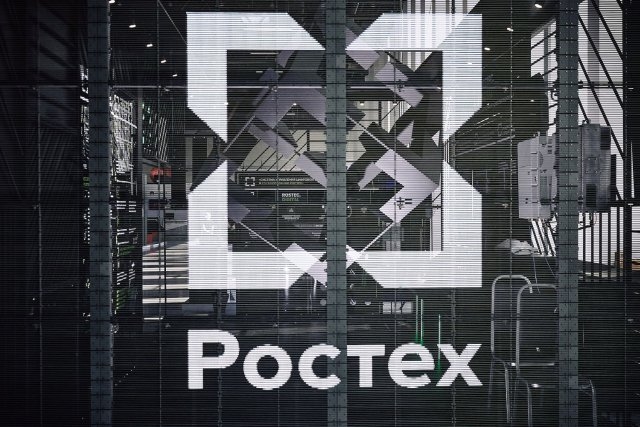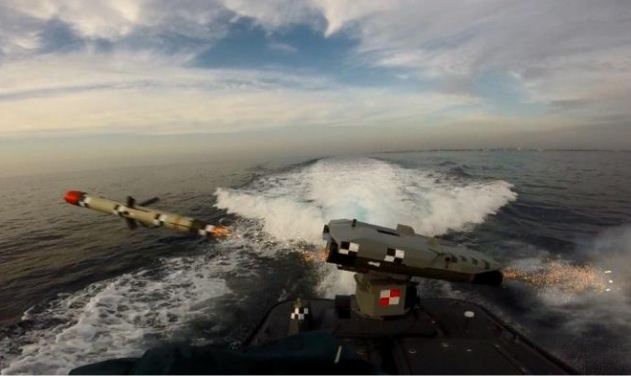Taiwan to Start Producing Submarines Domestically

Taiwan on Tuesday officially began work on its first ever domestically-produced submarines in the southern city of Kaohsiung.
"Proud to launch our Made in Taiwan submarine program. This submarine is an important part of allowing our navy to develop asymmetric warfare and to intimidate and block enemy ships from surrounding Taiwan's main island," said President Tsai Ing-wen. "Now, with the construction of the submarine to its future commission, we will certainly let the world know our persistence in safeguarding our sovereignty."

The designs of the new Taiwanese submarines are reportedly based on foreign ones. In 2017, CSBC Corp., which is Taiwan's largest shipbuilder and is partially government-owned, was awarded a contract to design and build 8 diesel-powered vessels in partnership with arms developer National Chung-Shan Institute of Science and Technology. The project is estimated to cost $16 billion and the first submarine is to be completed by 2024.
It has drawn criticism over its cost – just the four-year design phase is said to have cost Taiwan $100 million.
This comes at a time when tensions with Beijing are at an all-time high with the latter threatening to bring the island under its control by force. China regards Taiwan as a breakaway province that is part of its territory, and has lately stepped up its military exercises toward Taiwan this year by flying jets and reconnaissance planes on an almost daily basis.

China has the largest navy in the world, with an overall battle force of approximately 350 ships and submarines including over 130 major surface combatants. It also possesses around 2,000 combat fighters and bombers and 1,250 ground-launched ballistic missiles. In comparison, the U.S. Navy’s battle force is approximately 293 ships as of early 2020; while Taiwan’s fleet numbers only around 86 vessels of which nearly half of them are missile boats for coastal patrol.
Taiwan has been ramping up its military by rapidly acquiring new equipment in the last few years. Tsai has raised the 2021 budget to its highest-ever at $15.2 billion. The island nation has re-launched production of trainer jets; and plans to buy upgraded F-16 fighter jets, tanks, armed drones, rocket systems and Harpoon missiles capable of hitting both ships and land targets from the United States.
